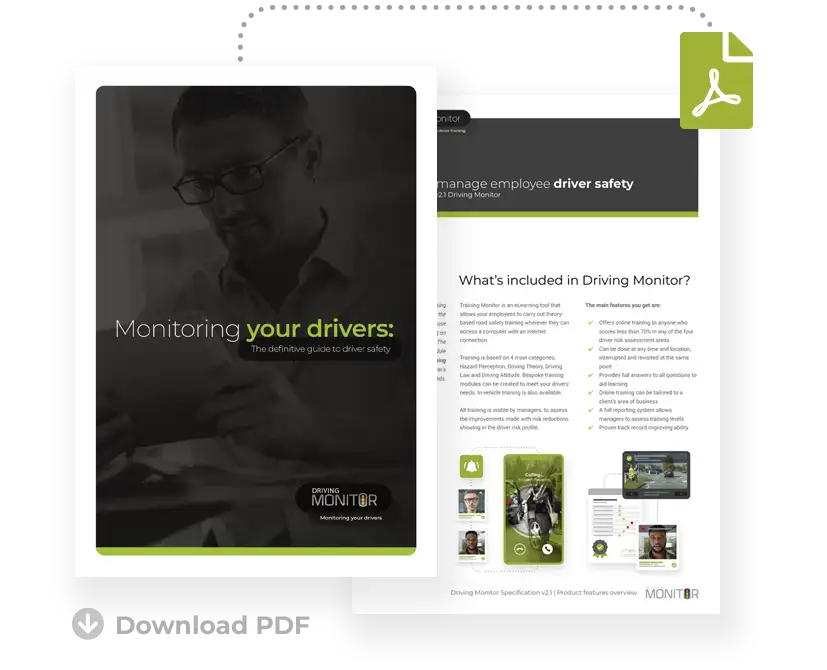Fleets Urged To Check DVLA Policy Over Tests That Could See Drivers Fined £1,000

Fleet owners are being urged to check DVLA policy over an issue that could see drivers facing £1,000 fine and 3 points on their licence.
Back in 2022, the DVLA changed their policy over eye conditions following concerns raised by the NHS and healthcare professionals over the impact it can have on driver safety.
The DVLA has been working with experts to ensure that relevant eye conditions are noted and as a result, drivers are required to have regular eye tests to spot any issues.
Why Do Drivers Need Regular Eye Tests?
While debates have taken place over how eye tests should be reported to the DVLA, the reality is that for fleets, regular eye tests for drivers are a key component of road safety for you, your drivers and other road users.
Those with eye conditions that might impact their driving have always been required to inform the DVLA but without regular tests, many can develop conditions without realising in the intervening years.
Drivers face penalties if bad vision is a factor in a driving accident, which is in addition to any other penalties and punishments. If a driver has an eye condition or fails to notify the DVLA about any issues with their vision, they face being banned from driving completely.
Specificity is the name of the game when it comes to rules around driving, as any fleet owner knows too well.
The guidance is clear on what medical conditions will need to be reported to the DVLA, rather than having blanket guidance for all eye conditions.
What Does It Mean For Fleets?
In a way, this is good news for fleets.
With clearer guidance, it means internal policies can be more specific when it comes to drivers’ vision, making it easier to know what needs reporting and what doesn’t.
Many of the conditions on the list won’t need reporting but the DVLA will need updates on them, particularly if the effects become more severe.
There’s already a list of health conditions that the DVLA must be made aware of but the new list will include more specific guidance on conditions.
Conditions that need to be reported to the DVLA include strokes, heart conditions, operations on body parts such as your legs, and vertigo.
When it comes to driving and the DVLA, one of the most important processes for any fleet is checking driving licences and handling driver risks.
The thing is, I know there are plenty of employers and managers who don’t know exactly what, how, and when they should be doing these checks to stay legal and above board.
At Driving Monitor, we have a module for exactly this – ensuring that your drivers have had their eyes regularly tested for driving.
Driving Monitor is an ADLV-accredited provider of exactly this type of software.










